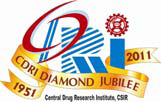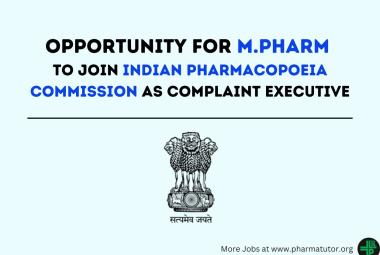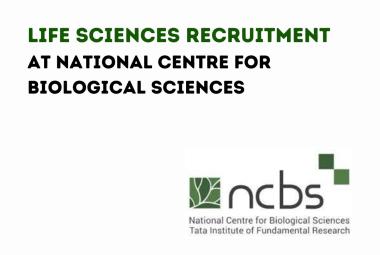Vacancies for M.Sc. in Life Sciences /M.Pharma/ BDS as Research Assistant/JRF/SRF @ King George's Medical University
 The first hospital associated with King George's Medical University was built in 1914, and was called King George Hospital. The funds allocated to the college could hardly be expected to cover the cost of a hospital on a comparable scale. Thus this task was undertaken by the Government of India. The building was again designed by Sir Swinton Jacob after making a spot study of great medical centres in Europe and adapting it the needs of this country.
The first hospital associated with King George's Medical University was built in 1914, and was called King George Hospital. The funds allocated to the college could hardly be expected to cover the cost of a hospital on a comparable scale. Thus this task was undertaken by the Government of India. The building was again designed by Sir Swinton Jacob after making a spot study of great medical centres in Europe and adapting it the needs of this country.
Post: Research Assistant/JRF/SRF



 About Authors:
About Authors:  About Authors:
About Authors: Sophisticated Analytical Instrument facility (formerly known as Regional Sophisticated Instrumentation Centre- RSIC) at Central Drug Research Institute (CSIR), Lucknow has been providing excellent analytical service for the last 38 years and is one of the first four such facilities set up by the Department of Science & Technology (DST), Government of India in mid seventies.
Sophisticated Analytical Instrument facility (formerly known as Regional Sophisticated Instrumentation Centre- RSIC) at Central Drug Research Institute (CSIR), Lucknow has been providing excellent analytical service for the last 38 years and is one of the first four such facilities set up by the Department of Science & Technology (DST), Government of India in mid seventies.







.png)


